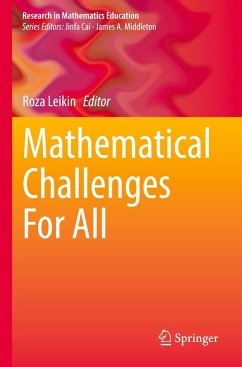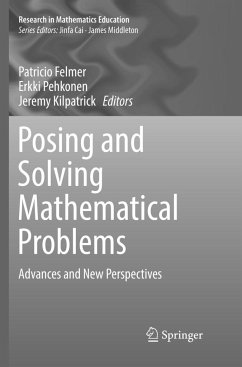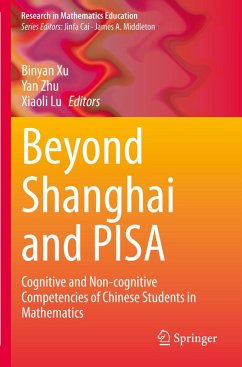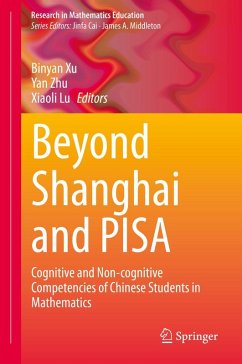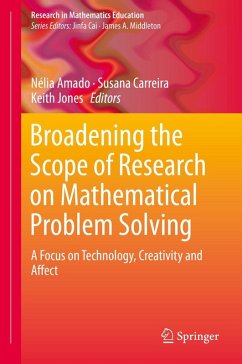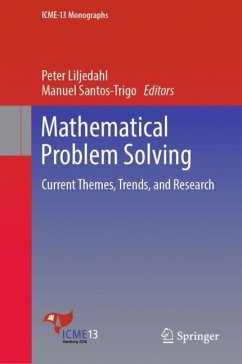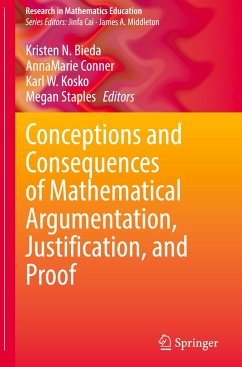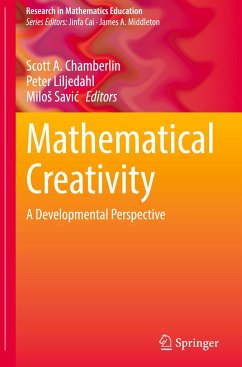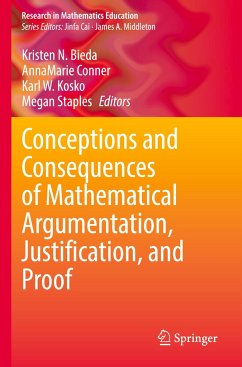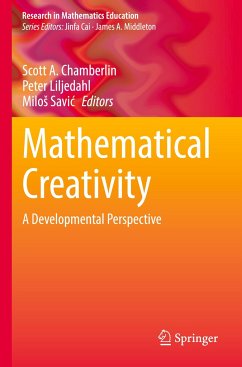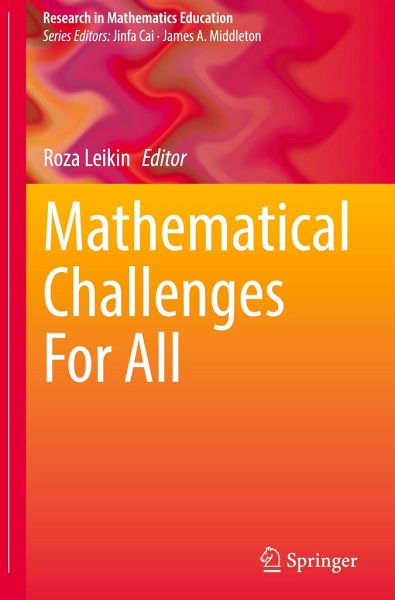
Mathematical Challenges For All

PAYBACK Punkte
68 °P sammeln!
This book argues that mathematical challenge can be found at any level and at every age and constitutes an essential characteristic of any mathematics classroom aimed at developing the students' mathematical knowledge and skills. Since each mathematics classroom is heterogeneous with respect to students' mathematical potential, quality mathematical instruction results from matching the level of mathematical challenge to different students' potential. Thus, effective integration of mathematical challenge in the instructional process is strongly connected to the equity principle of mathematics e...
This book argues that mathematical challenge can be found at any level and at every age and constitutes an essential characteristic of any mathematics classroom aimed at developing the students' mathematical knowledge and skills. Since each mathematics classroom is heterogeneous with respect to students' mathematical potential, quality mathematical instruction results from matching the level of mathematical challenge to different students' potential. Thus, effective integration of mathematical challenge in the instructional process is strongly connected to the equity principle of mathematics education. In the three sections in this volume readers can find diverse views on mathematical challenges in curriculum and instructional design, kinds and variation of mathematically challenging tasks and collections of mathematical problems. Evidence-based analysis is interwoven with theoretical positions expressed by the authors of the chapters. Cognitive, social and affective characteristicsof challenging mathematical activities are observed and analyzed. The volume opens new avenues of research in mathematics education, and pose multiple questions about mathematical instruction rich in mathematical challenge for all. The authors invite readers to explore and enjoy mathematical challenges at different levels.





